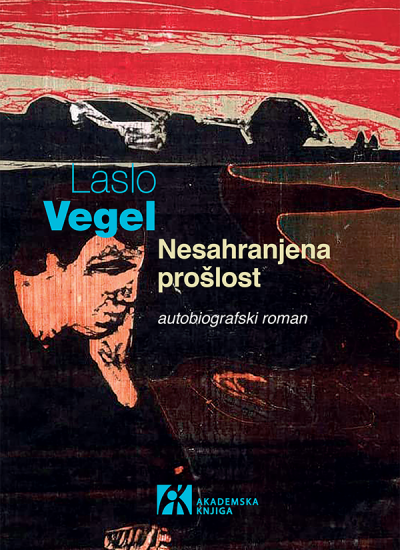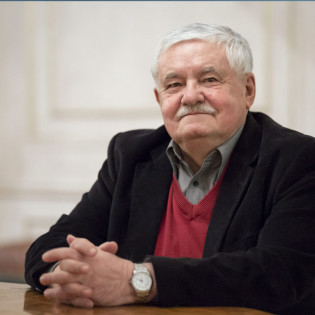Unburied Past

Every word that is used to fashion an ideology acquires meanings that are too strong and too deliberately crafted. In time, these words beg reexamination.
Place in László Végel’s autobiographical novel is not simply a matter of roots or ancestry. The setting, rather, is the multinational region known as the Balkans, which on the international stage is often presented as a land of conflicts among the nationalities which live there.
What is it like to live as a member of a minority community in such a land? How quickly do terms like nation, liberty, and identity depreciate? And how does this shape the approach of the writer?
Végel does not indulge in ambiguous phrasing. He describes the book as an autobiographical novel, and it is hardly coincidental that he cites Sándor Márai, a Hungarian writer who, with his Diaries, reinvigorated the genre of the autobiography. Though this story is told against the backdrop of history, the power of the narrative is given by the very distinctive perspective from which it is told.
The story conjures the cultural diversity of Yugoslavia at the time, and instead of a mannered pathos, we are treated to a generous serving of humour and self-reflexive irony. The narrator even seems at times to speak condescendingly to the reader and to confess that he understands our expectations. Yes, it would be lovely to speak of heroes, for instance to write about his father as a zealous soldier who could hardly wait for the war, but Végel’s book interrogates not only terms like nation, homeland, and minority, but also heroism and, in particular, heroism in its everyday uses. In the meantime, Yugoslavia, which is falling apart in the background, comes more and more to resemble a medusa which hides its organs. From this perspective, the dedication of the book is particularly rich with meaning: “To my wife, Anikó, with whom we survived it all.”

László Végel was born in Szenttamás (Srbobran, Serbia) in 1941. After graduating from the University of Novi Sad and the University of Belgrade, he served as a member of the editorial staff of several literary journals. His works have been translated into English, German, Dutch, Serbian, Slovenian, and Albanian.